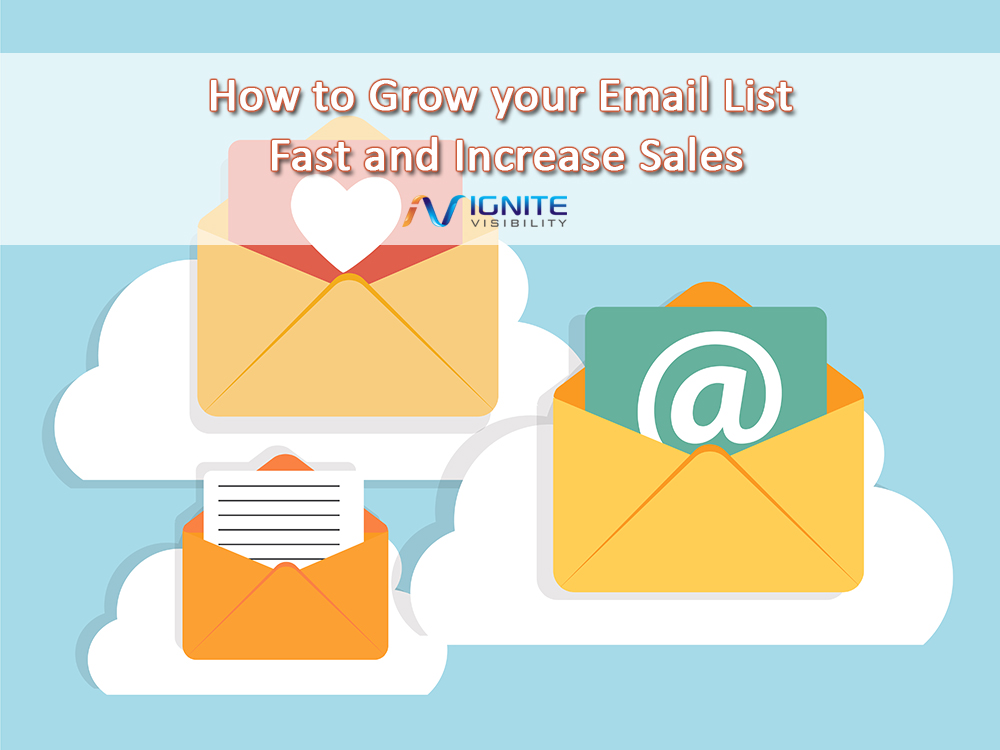The right CMS will allow you to efficiently manage your website and online presence to maintain your company’s reputation and lead flows. However, choosing a system is not a one size fits all scenario. With a diversity of solutions available, it’s essential you pick the perfect CMS to meet your needs. Your ability to publish, edit, and maintain a website from a central interface will either hinder or accelerate your ability to efficiently manage your website. Not only is it important to choose the system that meets your needs right now, but select a CMS that will grow with you as your company expands.
How Do I Choose a CMS?
When it comes to content management systems, there’s a wide selection available. Among the most popular choices are WordPress, Joomla, and Drupal. With nearly 3,700,000 websites using WordPress, it’s an innovative and easy to use platform with ever expanding plugin, theme, and widget capabilities. It’s a widely used option as it integrates into many other website formats.
Second to WordPress is Joomla, with around 1,000,000 websites currently using the platform. Joomla is essentially a middle ground between WordPress and Drupal as it provides extensive capabilities with developers in mind. It’s considered to be more user friendly than Drupal but offers greater development opportunities when compared to WordPress.
Drupal is often a favorite among experienced and powerful developers with over 410,000 websites featuring the CMS. Drupal is ideal for those needing a complex website as it offers some of the most powerful tools, but it’s not very easy to use if you have no prior experience as it takes a higher level of expertise to operate.
In addition to the numerous other CMS’s besides WordPress, Joomla, and Drupal, there are many important factors to take into consideration when choosing the best option, such as your current and future content needs, analytic abilities and requirements, and band guidelines. You’ll also need to consider 3rd party integrations, hosting requirements, SEO and marketing goals, and many other critical factors.
Staying on Budget
The right content management solution needs to fall within your budget; therefore, consider if there are any licensing fees that need to be taken into account. Of course, there are many free open source solutions, but they may also have certain costs to properly maintain the system. Choosing a propriety solution may have a larger initial cost to get started but can be the more affordable option in some cases. All financial factors need to be considered to stay within your budget, including any upgrading or updating fees and extension or integration fees.
Editing and Customization Capabilities
Depending on your level of experience, you need a system that is easy to use to maximize your time while staying on budget. Not only do you need to be able to easily add and update content, but customize themes, modules, and coding without the hassle of downloading files every time you want to make a change. A great CMS will have responsive design options and theme customization capabilities. The ability to customize your website’s template should work seamlessly with the content management capabilities to allow you to make changes instantly with as little headache as possible. Also, consider a CMS platform with PHP as it’s widely used due to simple scripting and extreme versatility.
Analytic Integration Abilities
No matter the system you choose, it needs to have excellent abilities for tracking your performance metrics, which is often done by integrating certain tools like Google Analytics and Google Webmasters. If you’re unable to easily integrate analytic tools, there’s no way to fully track your website’s success, which makes the ability to measure your lead activity absolutely vital when making your final selection.
SEO Capabilities
Unfortunately, choosing the wrong CMS can negatively impact your SEO strategy. You need to weigh heavily on a system’s SEO capabilities, such as how new URLs are generated, creating unique SEO content, and the CMS’s ability to integrate with other SEO tools. You need to have the ability to develop unique titles and descriptions, not auto generated. In addition, the ability to install more in depth Plugins and extensions is a huge added benefit.
Security and Support Features
In 2013, Forbes reported approximately 30,000 websites are hacked unknowingly every day. Although no website is 100 percent secure from hacks, the security features of a CMS plays a large role in your ability to protect your website and your website’s visitors from a malicious attack. Should your site be hacked, you want a content management solution that provides quick and efficient support to help resolve the issue. Consider if you’ll need to upgrade to higher levels of protection or if security features come standard with the system you choose. Finally, look into what the company will do for you in the event of a security breach.
Multiple Website Support
If you have more than one website, look for a system that’s capable of supporting multiple sites to simplify your life. By consolidating the management of multiple websites from one location, you’ll be able to more efficiently access, edit, and manage all of your websites. Using one dashboard allows you to maximize your time as you can share content across multiple websites. Plus, you’re able to specify user roles and permissions for each site from one location.
In addition to the above features, you need a CMS platform that will integrate with your customer relationship management tools. You want your platform to work for you to help with your lead generation efforts, including the ability to aid your email marketing and social media marketing campaigns. By choosing a system that will go the extra mile for you with as little time and effort on your part without compromising quality, you can rest assured that you’ve found the perfect solution for your content management needs
Sources:
“CMS Market Share” OpenSourceCMS.com
“Choosing the Right CMS Is the First Step to Creating a Content Strategy” BusinessNewsDaily.com
